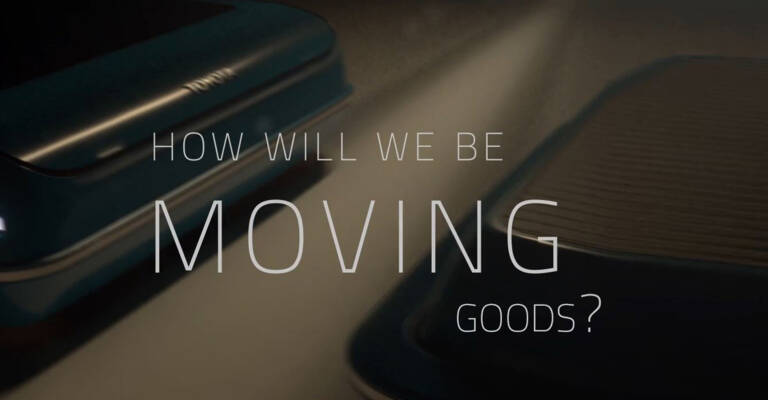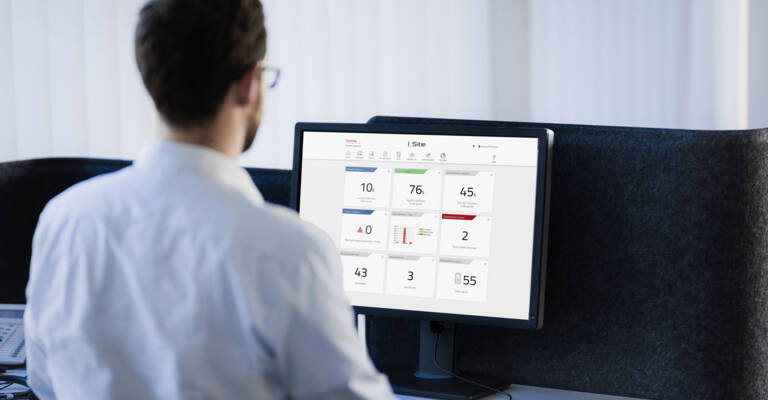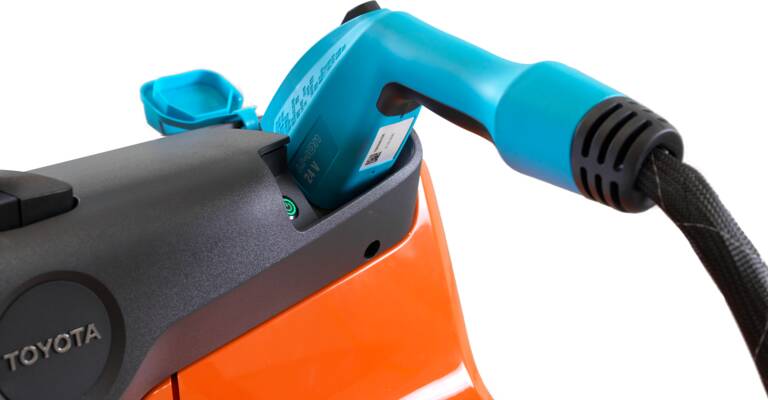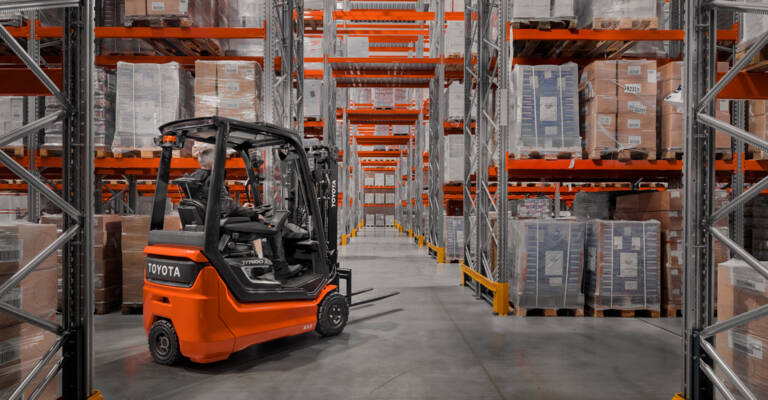Toyota confirms fast-changing market following CeMAT 2018
“We set out to focus on the future at CeMAT this year, and to share our longer-term thinking with visitors,” explained Axel Wahle, Marketing Director of Toyota Material Handling Europe and architect of the Toyota presentation at the event. “Of course we also showed our hardware, including traditional forklifts, but we recognised that most people come to an event like this to learn about the options that are becoming available to plan future operations.”
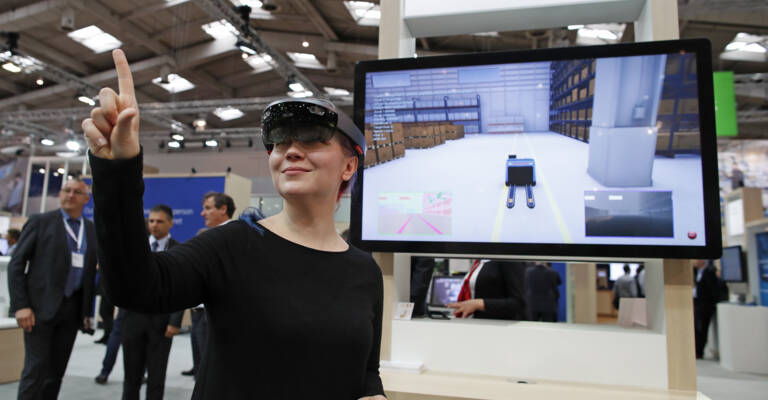
Toyota used its central pavilion area to focus on automation, connectivity and ‘lean-thinking’ – based on the company’s proven Toyota Production System. “We have some clear learning from our work in the development of manufacturing systems”, explains Wahle “and these include the need to eliminate waste, to ensure continuous flow, and to add value at every stage of a process. That’s what drives our approach to developing products and services, and the way we want to work with our customers.”
Part of the focus on elimination of waste was the company’s announcement that telematics will be integrated into all warehouse trucks from autumn 2018, allowing all customers to focus on increasing utilisation and reducing damage. Other steps such as the introduction of modular lithium-ion battery systems that optimise energy capacities were also announced.
“We were particularly pleased with the response to the presentations in our Logiconomi Forum. Visitors clearly welcomed the expertise shared by our collaborating companies, such as Microsoft and Heineken, as well as the unique chance to hear from Toyota’s own TPS expert, Sam Nomura.”
Toyota was also working with Microsoft in Hall 7 of the Hannover Messe, demonstrating how the two companies are collaborating on artificial intelligence for future autonomous logistics solutions. “We were overwhelmed by the level of interest that this generated,” confirmed Axel Wahle.

